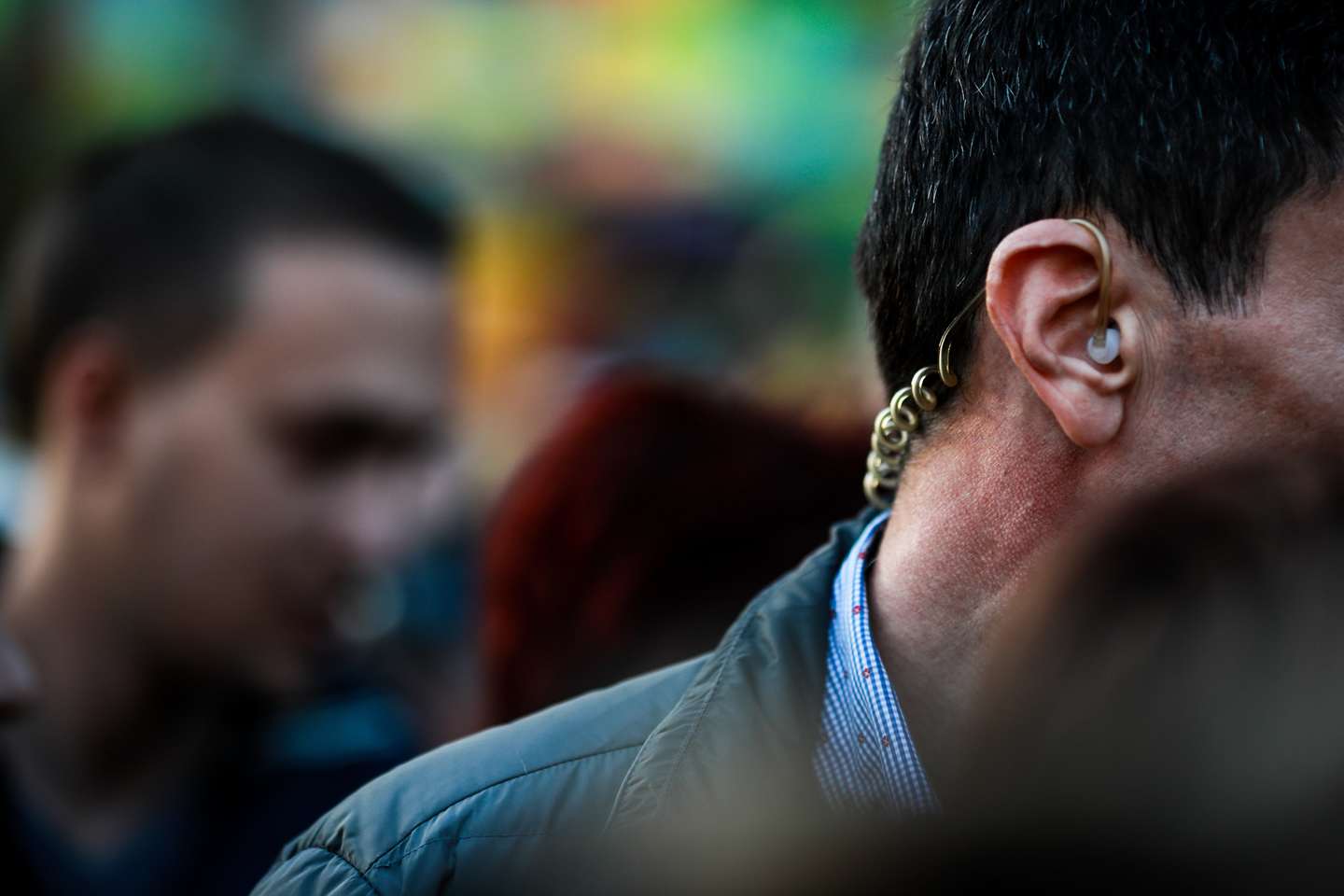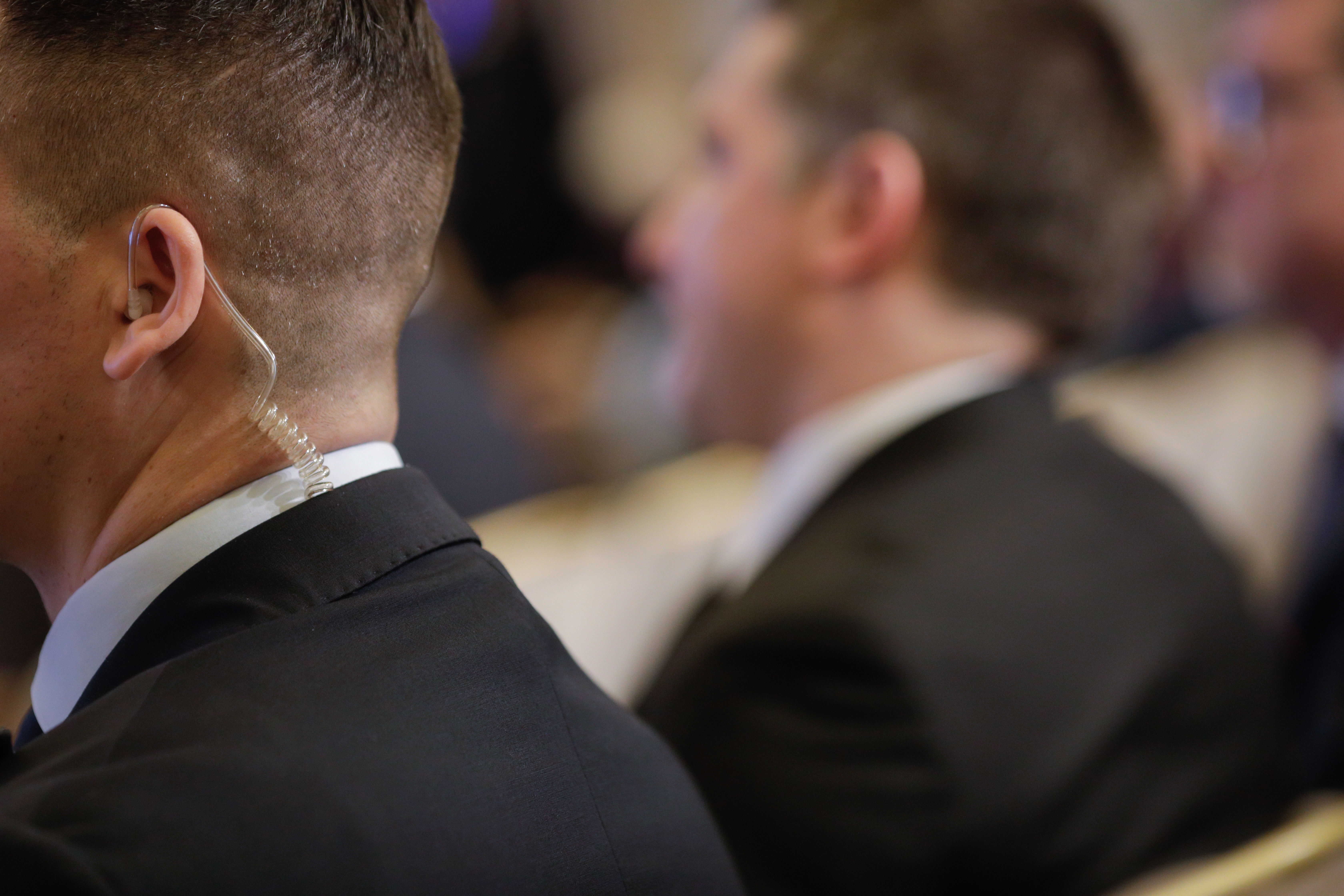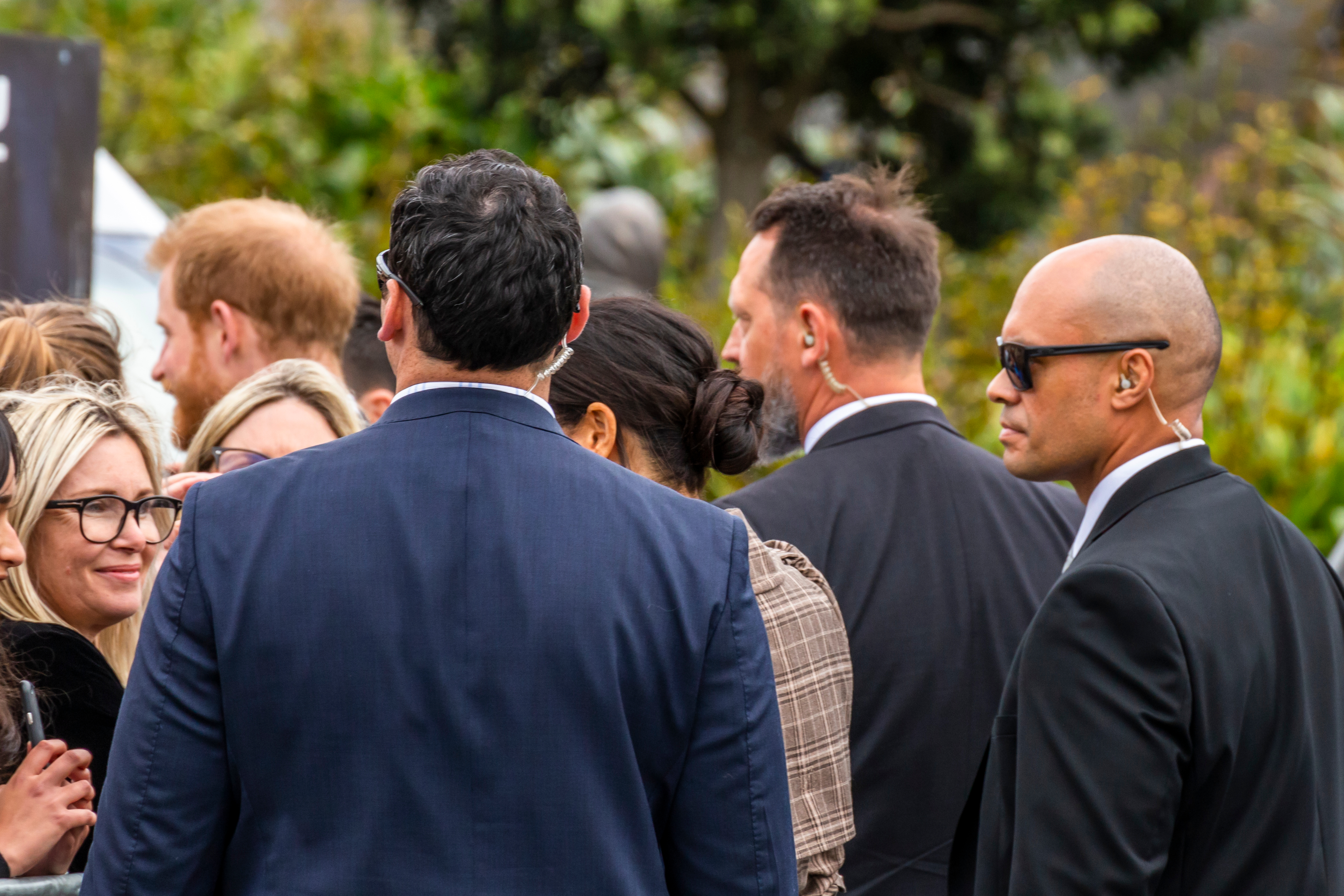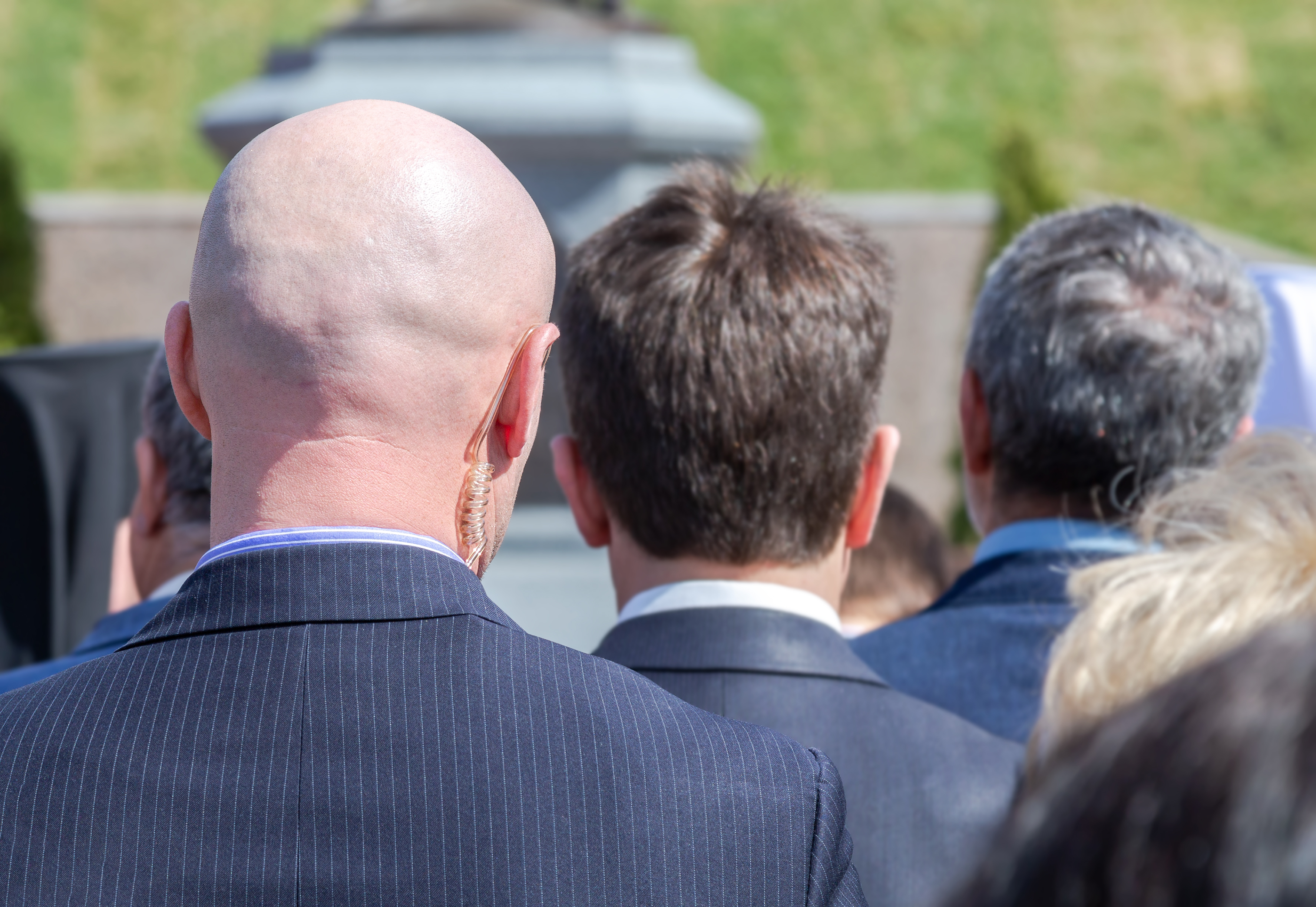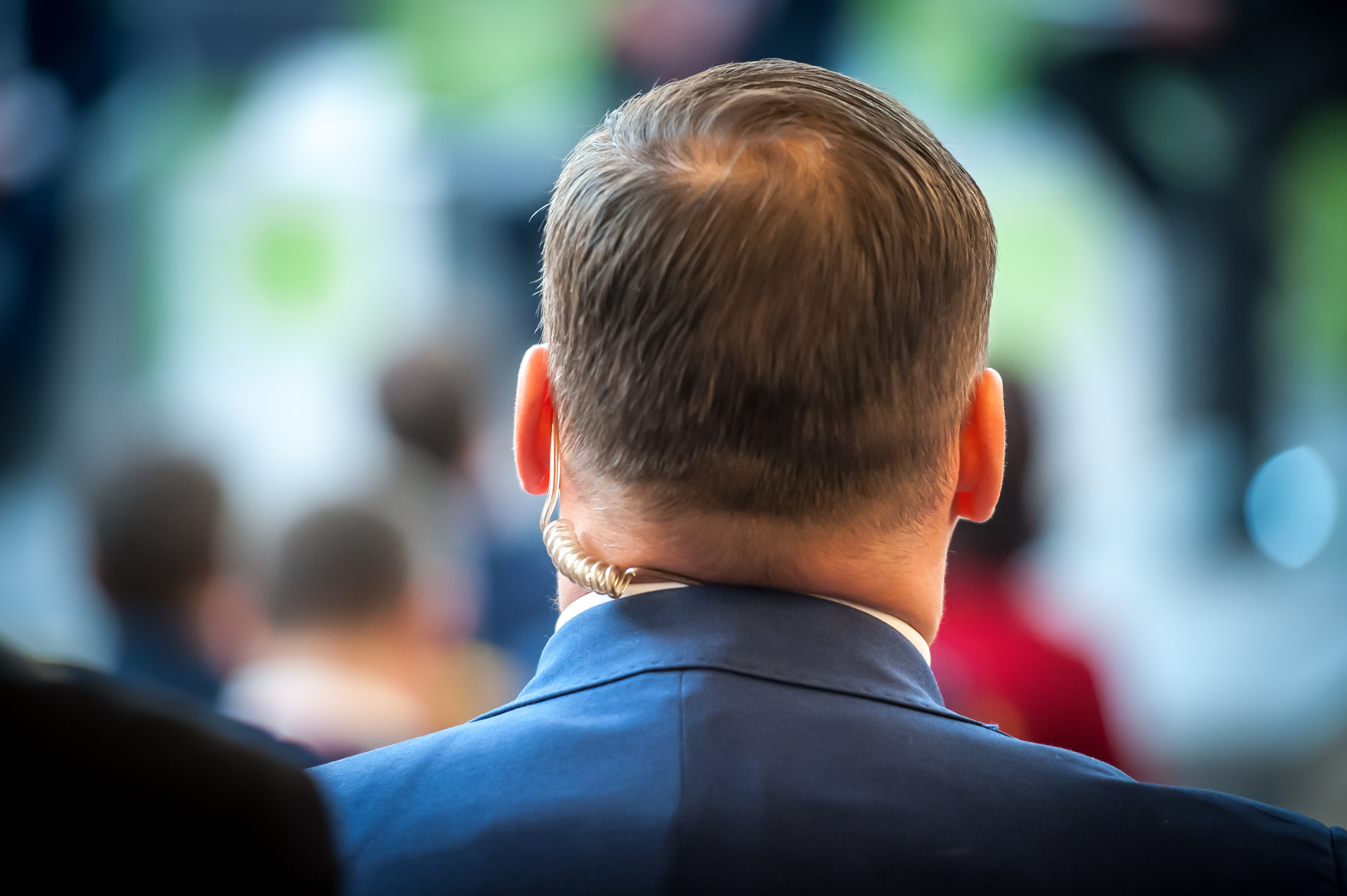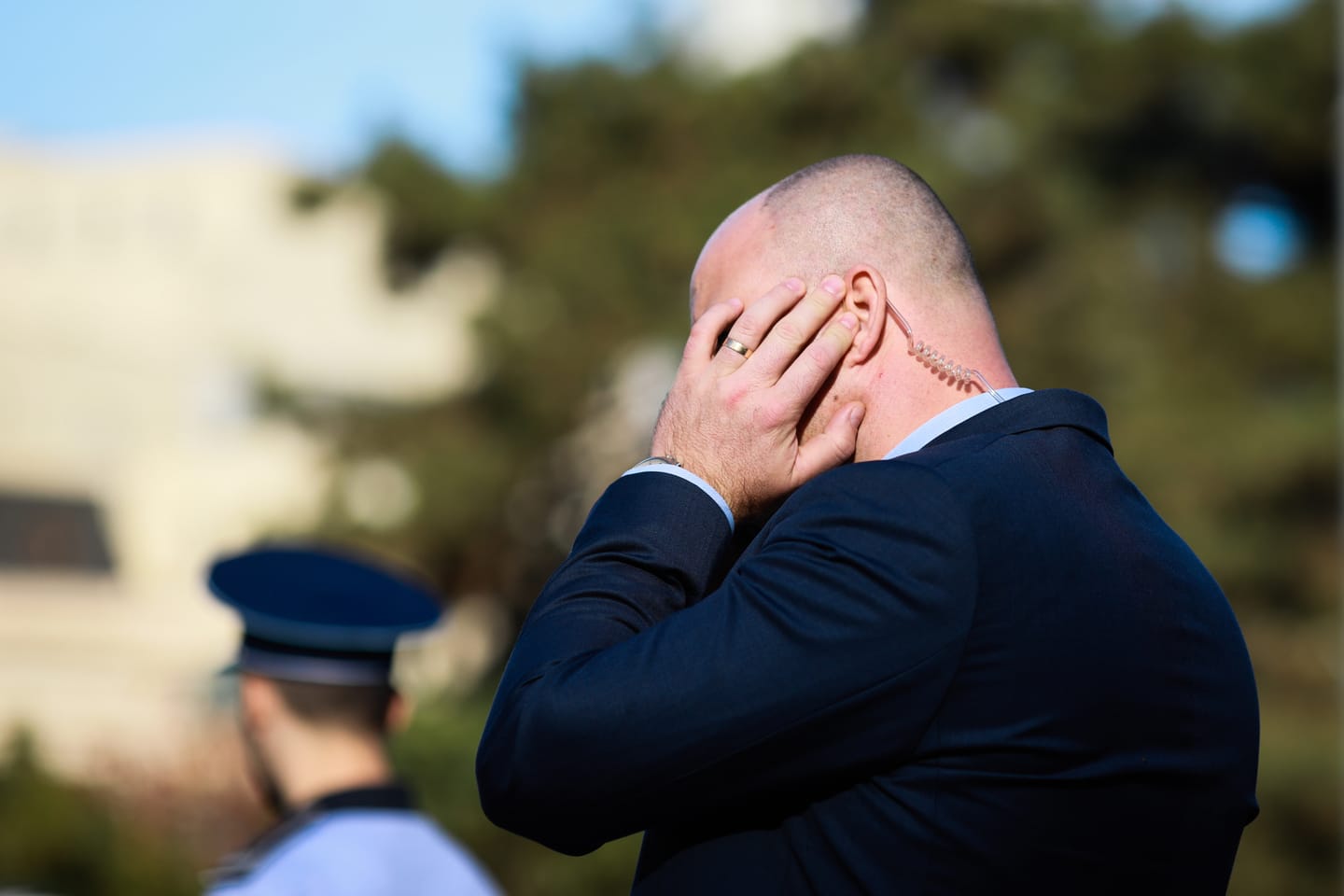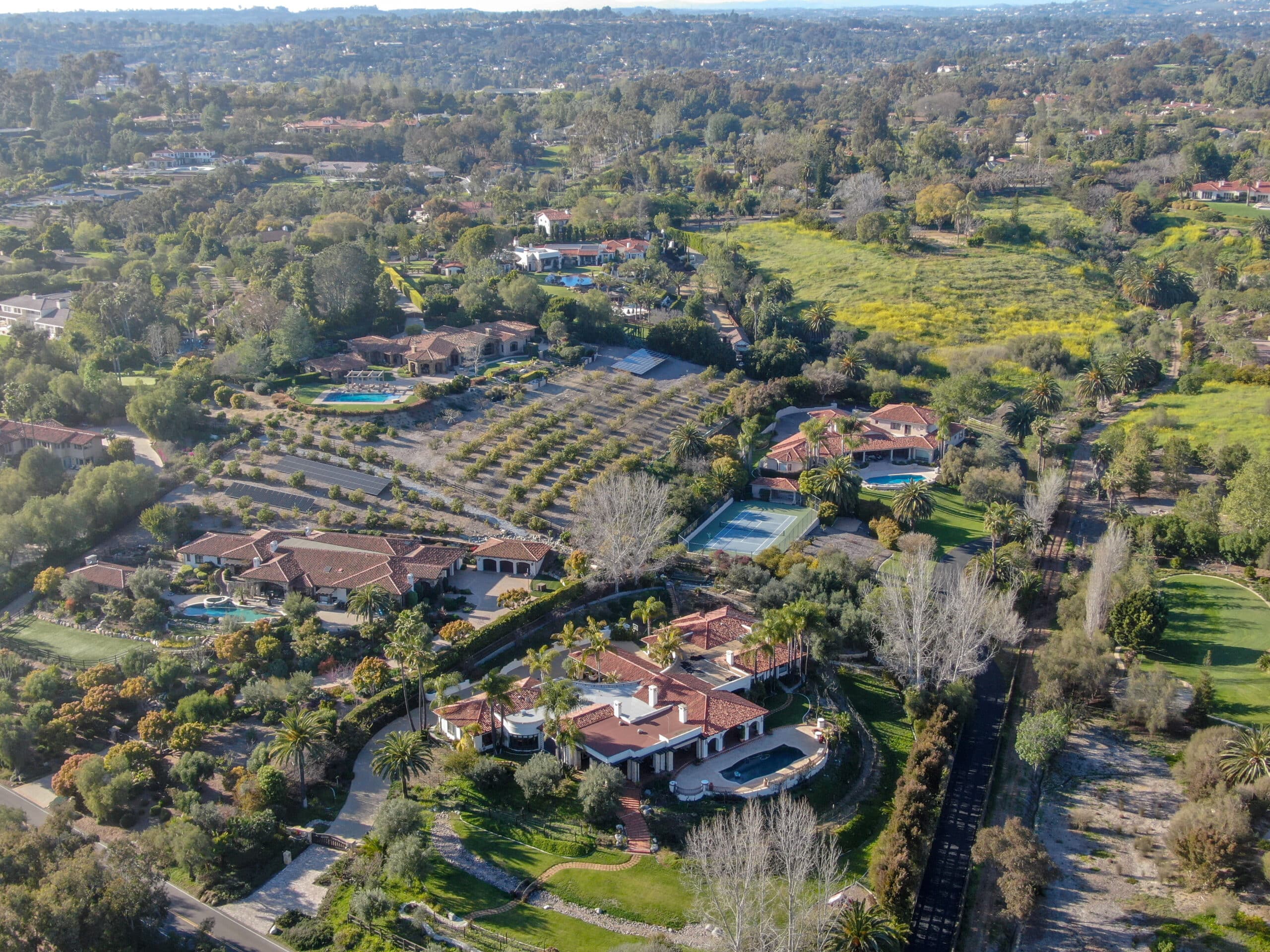Estimated reading time: 10 minutes
Step softly into the shoes of a bodyguard, where every day is a silent promise to protect. These guardians move through crowds unnoticed, but they’re always watching, always ready.
They’re not the muscle-bound figures you might expect. They’re thinkers and planners, quick on their feet. They’re calm on the surface, but like ducks on the water, their minds race beneath.
Have you ever considered what it takes to stand in the shadow of danger for someone else? What kind of courage, what kind of heart? It’s more than a job – it’s a silent vow to keep someone safe, no matter what.
Let’s walk the path they tread and see the world through the eyes of those who watch over others. It’s a journey into the heart of bravery.
Table Of Contents:
- The Evolution of the Bodyguard Profession
- Bodyguard Skills and Training
- The Decision-Making Process of Bodyguards
- Ethical Dilemmas in Bodyguarding
- Celebrity Bodyguards – A Case Study
- Elon Musk’s Security Detail – A Closer Look
- Public Perception of Bodyguards
- Good Practices in Bodyguarding
- Bad Practices in Bodyguarding
- The Future of Bodyguarding
- Conclusion
The Evolution of the Bodyguard Profession
Bodyguards have been protecting royalty and high-ranking officials since ancient times. However, the profession has changed significantly over time.
In the past, bodyguards were often chosen for their physical prowess. Today, more than having a muscular physique is required to be successful; intelligence is also needed. Training includes everything from advanced driving skills to conflict management and first aid.
Cyber threats have also added a new dimension to the role of bodyguards in recent years. With so much information stored online, part of their job is protecting data and people, especially business execs like chief executive officers or high-profile individuals. Forbes explains this shift in detail.
This evolution shows just how adaptable and diverse the profession has become – but what hasn’t changed is its core purpose: keeping people safe.
Bodyguard Skills and Training
The role of a security guard is far more than just physical protection. It requires a mix of sharp instincts, quick decision-making abilities, and excellent interpersonal skills.
High-stakes scenarios are common in this profession but can be navigated effectively with proper training. A case study on Security Officer Training Evolution reveals the changing landscape of security personnel education.
A bodyguard’s toolkit must include expertise in surveillance detection and threat assessment. This knowledge lets them predict potential security threats before they become real problems.
Knowing first aid principles is essential for security professionals, as they may need to provide medical assistance in urgent situations where outside help is not immediately available. The American Red Cross offers valuable base-level resources like its first-aid classes.
Last, soft skills such as diplomacy are essential because maintaining good relations between the client and others often falls within a bodyguard’s responsibilities.
The Decision-Making Process of Bodyguards
Being a bodyguard is more than just standing tall and looking intimidating. Instantly deciding between life and death in a flash is essential to the bodyguard role.
A key aspect here is rapid decision-making. Think of it like being a goalkeeper in soccer, but with higher stakes. A minuscule alteration in position can drastically alter the outcome.
Developing the expertise to make split-second decisions and stay one step ahead of danger requires dedicated practice and practical application. Courses like those offered by Global Risk Solutions help future bodyguards develop these crucial skills.
There is no margin for error–a mistake could have serious consequences. One wrong move can put lives at risk – not something you’d want on your conscience.
Ethical Dilemmas in Bodyguarding
Bodyguards and protection officers, like other professionals, face ethical dilemmas. These challenges often revolve around balancing client safety with legal and moral considerations.
One of the most significant difficulties is respecting privacy while ensuring protection. Where is the limit? For instance, if a bodyguard overhears sensitive information during their duties, should they keep it confidential or report it?
Professional Security UK explores this dilemma more deeply.
Another issue revolves around using force – how much is too much when protecting a client?
Maintaining professional boundaries can also be challenging when serving high-profile individuals who might invite them into personal spaces and private moments.
Solutions aren’t always clear-cut because every situation varies greatly. However, continuous training in ethics can help guide bodyguards towards appropriate decisions.
Celebrity Bodyguards – A Case Study
Regarding celebrity bodyguards, their work often gets highlighted in the media. Take Beyoncé’s Bodyguard, Julius de Boer, for instance. His attentiveness and quick thinking saved her from a potential mobbing at an event.
Then there’s Justin Bieber’s former security chief, Moshe Benabou, who faced criticism over his handling of fans. Despite this controversial incident, it showcased how tough decisions made in split seconds can significantly impact client safety and public perception.
Kendall Jenner’s stalker situation severely tests her security team’s abilities. They had to deal with persistent intrusion attempts while ensuring they didn’t infringe on anyone’s rights—a fine line to walk.
These examples reveal celebrity bodyguards’ real-world challenges—demonstrating that despite the negative press, it takes significant skills and decision-making capabilities to excel in such high-pressure roles.
Elon Musk’s Security Detail – A Closer Look
Musk, a high-profile entrepreneur, needs more than just conventional security measures. His team is likely composed of top-tier bodyguards trained to anticipate and react to various threats.
The stakes are always high for them. They must always be vigilant, as any lapse can result in severe consequences. Being mentally sharp is just as important as having physical prowess.
Global Risk Solutions, Inc., known for safeguarding the lives of many elites globally, might offer similar security services tailored specifically for people like Musk.
A comprehensive strategy could involve surveillance detection routes (SDRs), secure transport arrangements, residential security details (RSDs), and emergency evacuation plans.
Public Perception of Bodyguards
The image that people have about bodyguards or security officers isn’t always accurate. It’s often shaped by Hollywood action movies, where athletic men jump in front of bullets and throw punches. But real-life bodyguarding is more than just physical prowess.
A Forbes article notes how professional protectors prioritize thinking over fighting, using their minds to anticipate security risks and neutralize threats before they escalate. Yet this doesn’t make headlines as much as a scuffle involving a celebrity guard does.
Misunderstandings can damage the profession because trust is crucial here – clients need to feel safe with their protector, not fear them. So, industry leaders like Global Risk Solutions need to work on reshaping these perceptions through education and transparency about what proper protection involves.
Good Practices in Bodyguarding
First and foremost, a good bodyguard should be highly trained. They must master various skills like conflict de-escalation, first aid, defensive driving, and local laws.
Awareness is key. Good bodyguards stay alert at all times because danger can arise from anywhere. They keep their clients informed about potential threats without causing unnecessary panic.
Respect for privacy is another essential trait. Even though they are always close by, professional bodyguards give their clients space and don’t invade personal boundaries.
The best practices also include discretion. Blending into the background while providing adequate protection helps maintain the client’s routine with minimal disruption.
Maintaining Professional Boundaries
An essential aspect of being a great bodyguard or protection officer involves maintaining professional boundaries with the client – this includes respecting personal space and confidential information that may come across during service provision.
Ethical Decision Making
In addition to physical protection duties, good ethical decision-making is crucial for modern-day bodyguards, often having legal implications beyond immediate safety concerns, which also demand rigorous training.
Bad Practices in Bodyguarding
Just like any profession, bodyguarding has its share of bad practices that can compromise client safety. A lack of training or experience drives some, while others stem from unethical decisions.
One common mistake is neglecting the importance of ongoing threat assessments. Failing to stay ahead of potential risks can leave clients vulnerable and unprepared for unexpected situations.
Misunderstanding the role also leads to issues. A bodyguard’s job isn’t just about physical protection but also includes ensuring privacy and discretion. Unfortunately, some choose fame over duty, using their position to gain personal recognition rather than focusing on safeguarding their client.
Inadequate communication skills cause problems, too. They hinder effective coordination with other security personnel and may result in misunderstandings during critical moments, leading to potentially dangerous outcomes.
The Future of Bodyguarding
Bodyguards are becoming more tech-savvy. The days of brute strength and intimidation are making way for digital expertise.
Advancements in technology, such as facial recognition and AI-based threat analysis, allow bodyguards to spot potential threats faster. But these tools aren’t replacing human judgment—they’re enhancing it.
New security challenges arise with the advent of cyber threats. High-profile individuals can be vulnerable online just as much as they are in real life. This calls for a blend of traditional security skills with new-age cybersecurity knowledge.
Drones also play an increasing role in personal protection. From surveillance to delivery interception, these flying devices offer exciting possibilities for future bodyguard operations.
This evolution is driven by the need to stay ahead of ever-changing threat landscapes—bodyguards must adapt or become obsolete.
Conclusion
Being a bodyguard is no walk in the park…
You must be on your toes, think fast, and anticipate potential issues. :muscle:
Your skills aren’t just about physical strength but also decision-making under pressure.
Are you navigating ethical dilemmas while ensuring your client’s safety? It’s all part of the job.
We looked at celebrity cases and even delved into Elon Musk’s security detail – fascinating stuff!
Remember, though, public perception matters… And it can change quickly based on good or bad practices.
The future? Technology will play an increasing role. But rest assured – human intuition and bravery will always remain critical pillars in this line of work.

